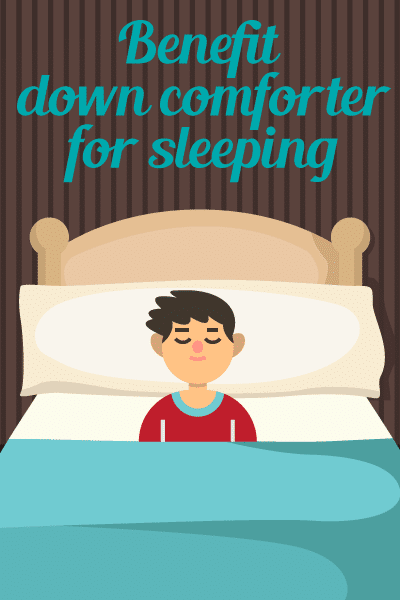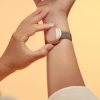Summary: A study from Penn State, published in the Journal of Developmental and Behavioral Pediatrics, shows that children with consistent bedtimes have better control over their emotions and behavior. Researchers analyzed sleep and behavior data from 143 children involved in a … [Read more...]
Evening Screen Use Doesn’t Harm Sleep—Until Kids Get into Bed
Summary: A study from the University of Otago has found that the timing of evening screen use, rather than the activity itself, affects adolescent sleep. While screen time before bed had little impact, using screens in bed delayed sleep onset and reduced total sleep duration. The … [Read more...]
Melatonin Deficiency Tied to Worsening ADHD Symptoms in Kids
Summary: A new study from Hamamatsu University School of Medicine and international collaborators has identified a link between melatonin secretion and the severity of ADHD symptoms in children. The research suggests that genetic traits reducing nighttime melatonin production … [Read more...]
Late Bedtimes and Not Enough Sleep Can Harm Developing Brains – and Poorer Kids Are More at Risk
By Emily C. Merz, Colorado State University and Melissa Hansen, Colorado State University Shorter sleep and later bedtimes are linked to potentially harmful functional changes to parts of the brain important for coping with stress and controlling negative emotions, our recently … [Read more...]
Screen Time for Kids: Guidelines for Healthy Balance
Summary: Children’s Hospital Los Angeles offers guidelines to help parents manage their children’s screen time, emphasizing the importance of balance to support healthy sleep and overall development. The guidelines include recommendations from the American Academy of Pediatrics … [Read more...]
Kids’ Sleep Issues May Predict ADHD Just Years Later
Summary: A new study by the Network Centre for Biomedical Research (CIBER) in Spain has identified a strong link between childhood sleep disorders and the development of ADHD symptoms in preadolescence. Published in the European Journal of Pediatrics, the study involved 1,244 … [Read more...]













